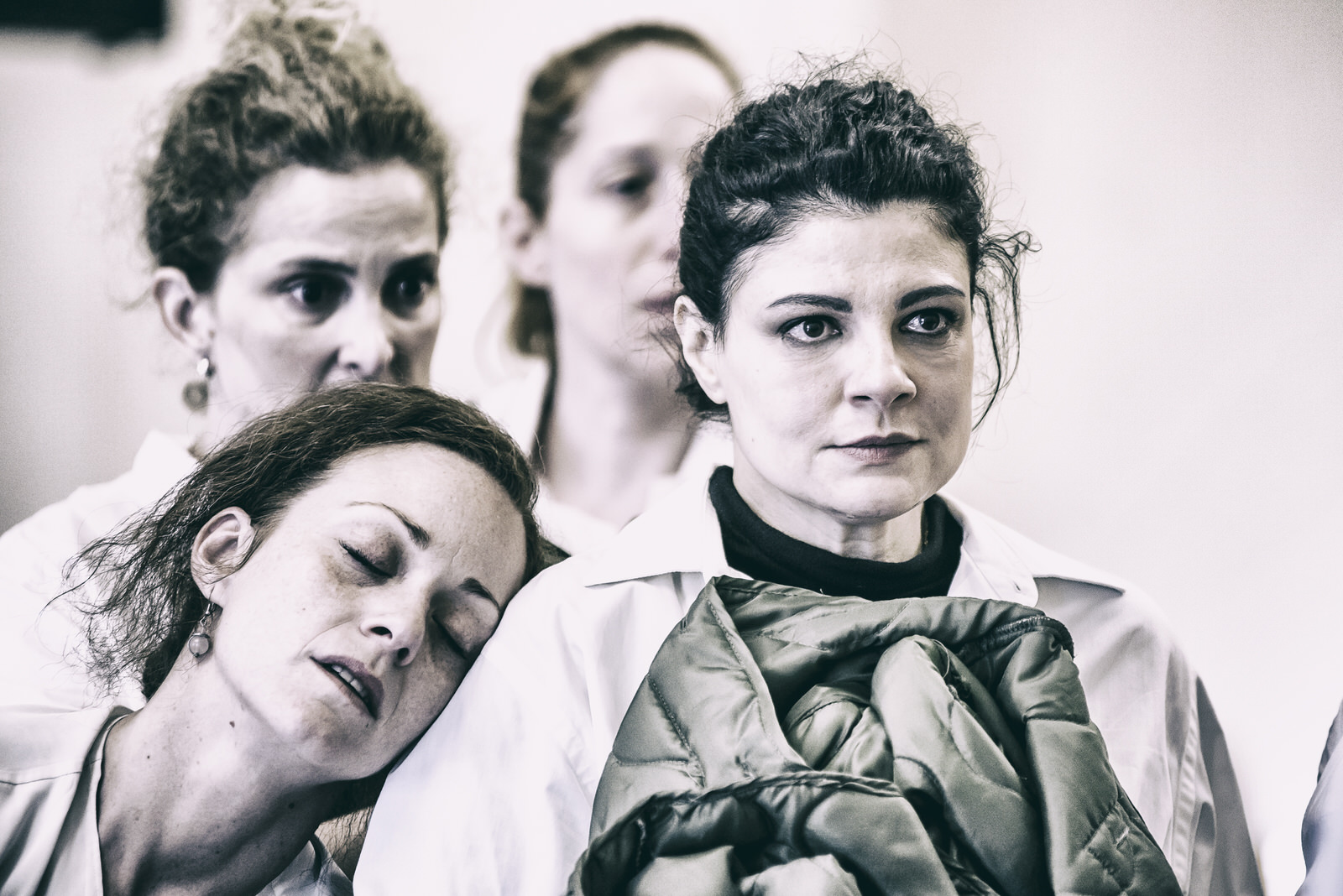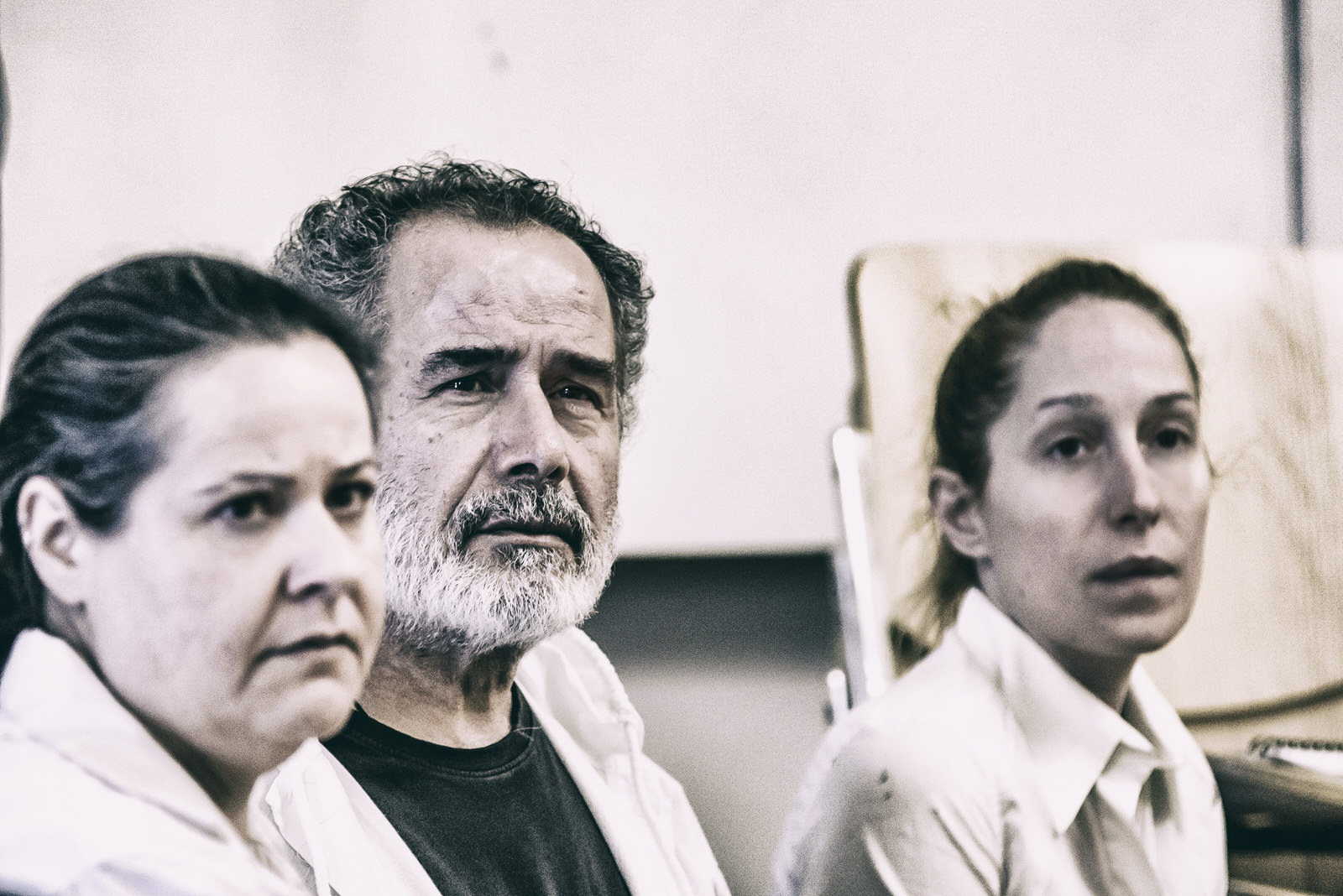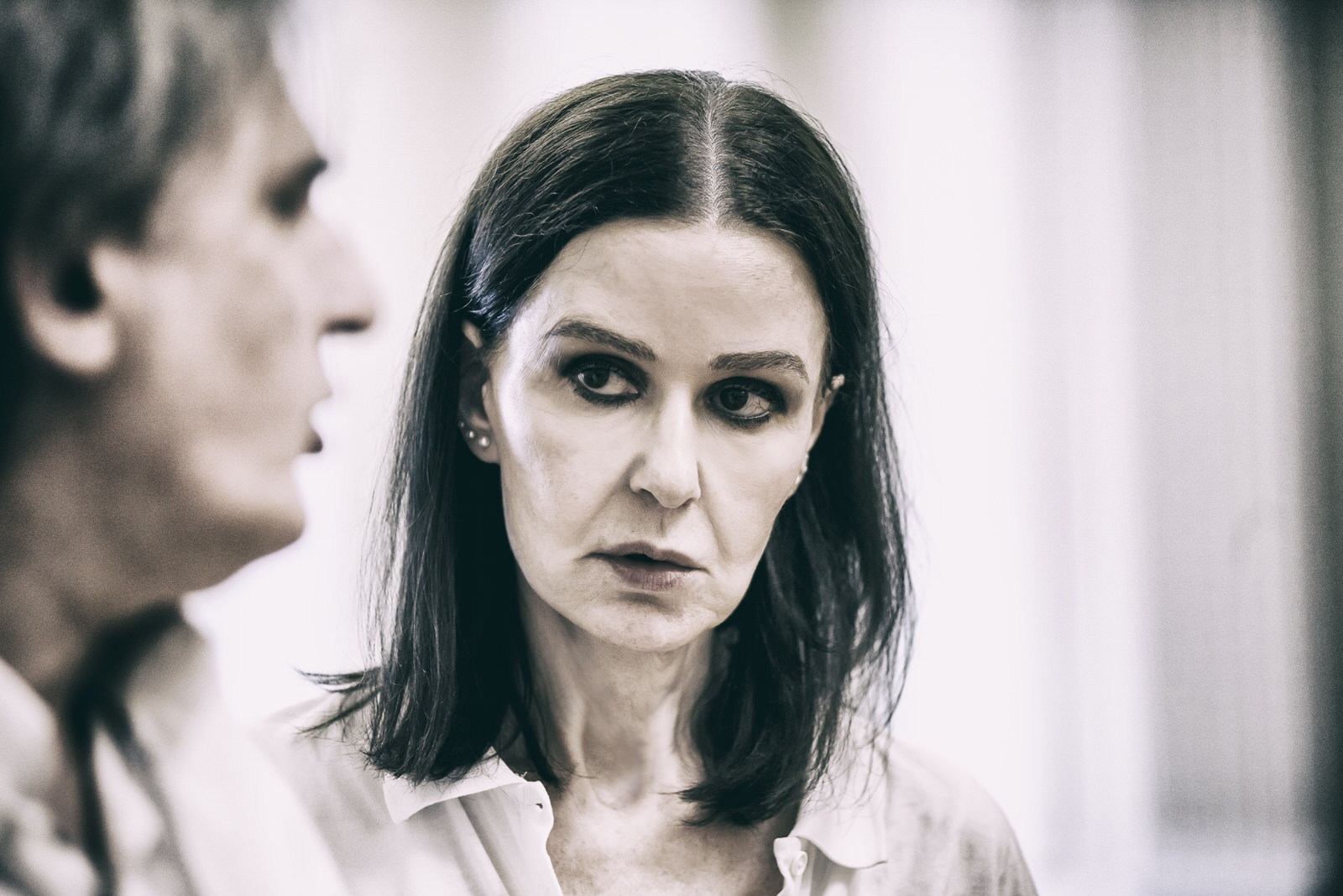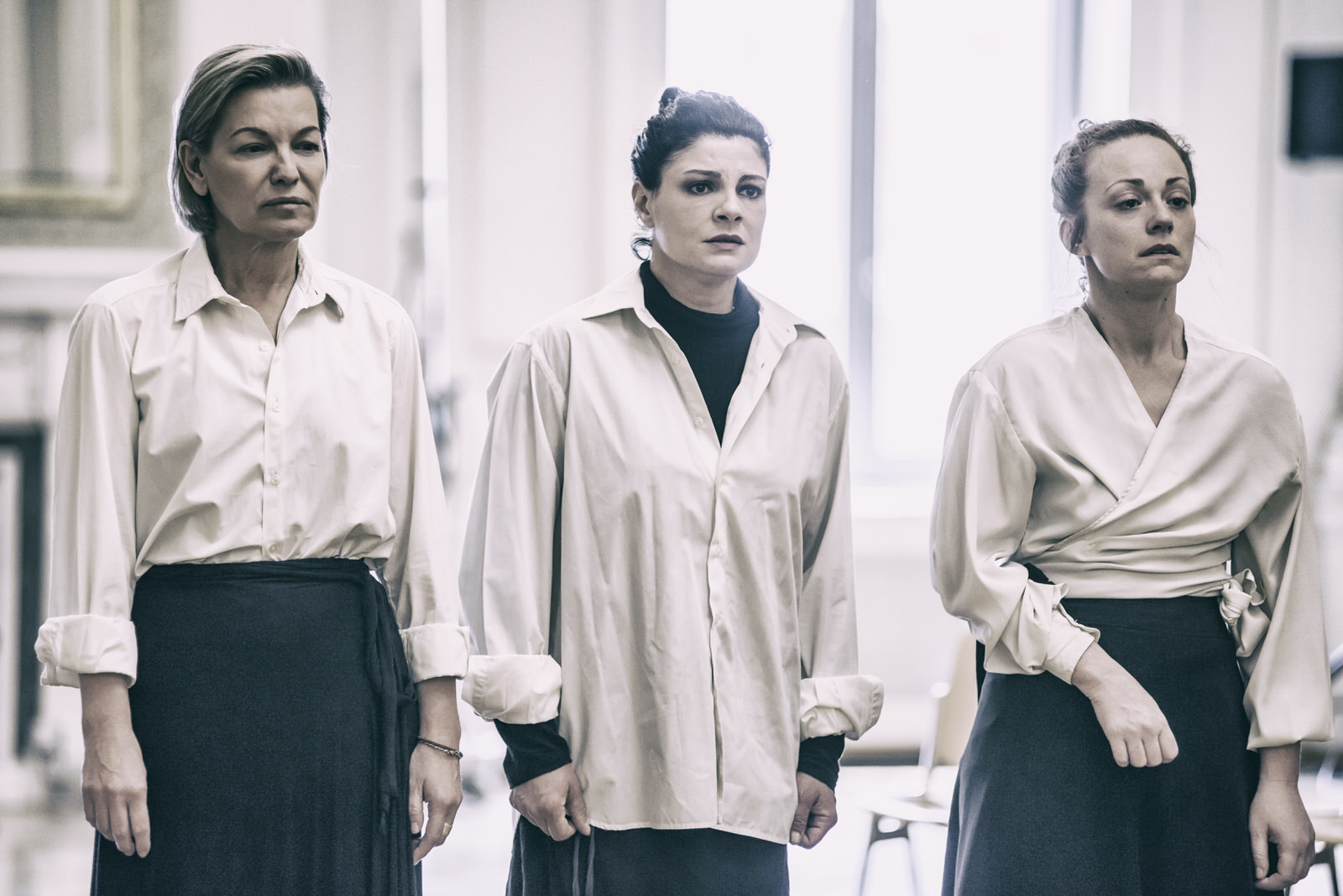National Theatre of Greece - Cyprus Theatre Organisation - Stathis Livathinos
The Suppliants
by Euripides

Two national theatres, the National Theatre of Greece and Cyprus Theatre Organisation, join forces to produce an iconic play: a tragedy about war and its victims, existential dread, dignity, faith and resilience, in a new translation by Giorgos Koropoulis.
It has been 43 years since the tragedy was last staged by the National Theatre of Greece – the only time in the National Theatre’s history – directed by Takis Mouzenidis, and 29 years since the first presentation of the play by the Cyprus Theatre Organisation in Epidaurus, directed by Nikos Charalambous. This new production, a joint venture of Greek and Greek Cypriot artists, is brought to life by the incumbent artistic director of the National Theatre of Greece, Stathis Livathinos.
The mothers of the Argive generals who perished in Thebes fighting by Polynices’ side become suppliants at the temple of Demeter in Eleusis, joined by Adrastus, king of Argos. The suppliants plead with Theseus, king of Athens, to help them: the Thebans are keeping their dead sons as spoils of war and will not allow them to be buried.
In response to this just plea, Theseus decides to send out a message to Creon, king of Thebes. Soon, a Theban messenger arrives bringing a message to Theseus: he is to drive Adrastus and the mothers away, otherwise the Theban army will attack the Athenians.
Theseus leads the Athenian army against Thebes and ultimately retrieves the bodies and has them carried to Eleusis, where they are to be burnt properly. A delirious Evadne, widow of Capaneus, jumps into the funeral pyre to burn along with her husband. Mothers and children return home, carrying the ashes of their beloved ones with them.
Written in 422 BC, the tragedy echoes the battle of Delium (424 BC), in which the Thebans, allies of Sparta, defeated the Athenians and for several days would not allow them to retrieve their dead and bury them properly.
With Greek and English surtitles
Ancient Theatre of Epidaurus
- 05/07 until 06/07/2019 at 21:00
all events
Opera | Music | Theatre | grape | subset | Dance | Education | Αναβίωση | Classical music | Performance | Contemporary music | Contemporary Ancients | Premiere | Greek Debut
Ancient Theatre of Epidaurus | Little Theatre of Ancient Epidaurus | Peiraios 260 | Odeon of Herodes Atticus | Stavros Niarchos Foundation Cultural Center | Lycabettus Theatre | Greek Art Theatre Karolos Koun | Ancient Theatre of Epidaurus | Exhibition Hall | Athens Conservatoire | Stathmos Theatre | Hellenic Cosmos Cultural Centre Pireos 254 Tavros
all venues









